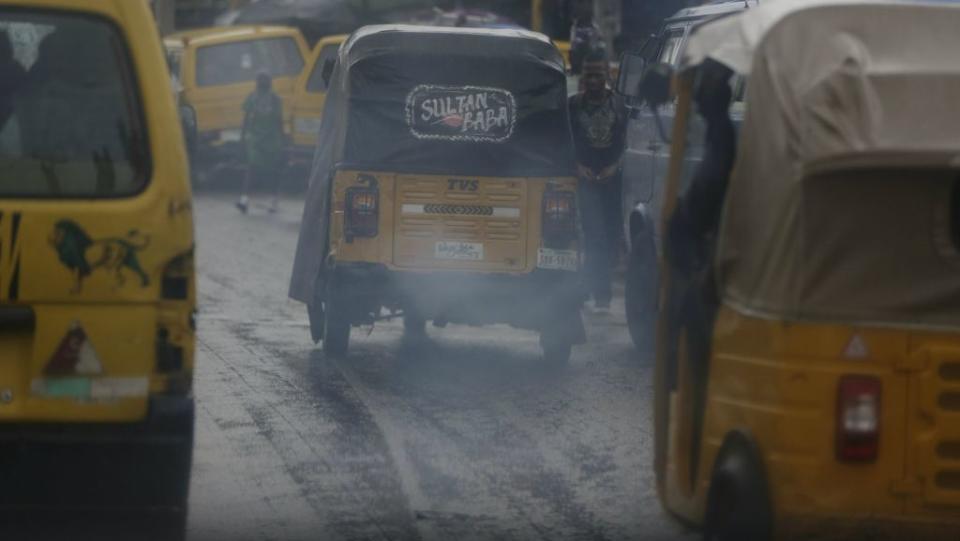African countries are finally rejecting cheap substandard fuel from Europe

After years of inadvertently serving as dumping grounds for dirty diesel fuels deemed too toxic for Europe, five African countries—Nigeria, Benin, Togo, Ghana, and Ivory Coast—have decided to raise their fuel quality standards.
The move is in response to the findings of a three-year long investigation by Public Eye, a Swiss NGO. It found that Swiss companies often took crude oil from African countries, but sent fuel with high sulphur levels—which can’t be legally sold in Europe—back to Africa.
The companies that did this broke no rules, and the fuel they sold in Africa was within legal limits, given the low fuel quality standards on the continent. But Public Eye, in its report, said the companies “ruthlessly exploit weak regulatory standards and make the local urban populations pay with their health.
Two-thirds of samples examined by Public Eye, taken from gas stations across eight African countries, showed sulphur levels 150 times higher than the permitted European limit of 10 parts per million (ppm). Firms named in the report include Vitol, Trafigura, and Addax & Oryx. (At least one, Vitol, disputed the NGO’s conclusions, telling The Guardian that the co-mingling of fuel in the supply chain makes it “unable to determine the quality of fuel sold at the pump.”)
The decision by the five West African nations to impose stricter standards on fuel imports is expected to curb the inflow of the harmful, dirty fuels, and, in the long term, reduce pollution. The United Nations Environment Programme (UNEP) estimates the new policies will improve air quality for over 250 million people in the affected countries.
Despite being Africa’s largest oil producer, Nigeria has imported refined oil for years as its underperforming refineries, when not broken down, cannot cater to entire country’s fuel needs. While Nigeria’s president Buhari is attempting reforms in the country’s oil sector in a bid to improve capacity, under Goodluck Jonathan, his predecessor, Nigeria’s fuel imports were carried out under a controversial agreement which saw crude oil bartered for refined products under questionable circumstances.
Amina Mohammed, Nigeria’s environment minister, says years of importing dirty fuels with high sulphur levels have been a bane to the country’s major cities, four of which are listed among the world’s 20-worst ranked cities for air quality. By “limiting sulphur in fuels from 3,000 parts per million to 50 parts per million,” Mohammed said, Nigeria will see “major air quality benefits” in cities across Africa’s most populous country. The reduced sulphur levels also will allow Nigeria “set modern vehicle standards,” Mohammed said.
Sign up for the Quartz Africa Weekly Brief — the most important and interesting news from across the continent, in your inbox.

Sign up for the Quartz Daily Brief, our free daily newsletter with the world’s most important and interesting news.
More stories from Quartz:

 Yahoo Finance
Yahoo Finance 